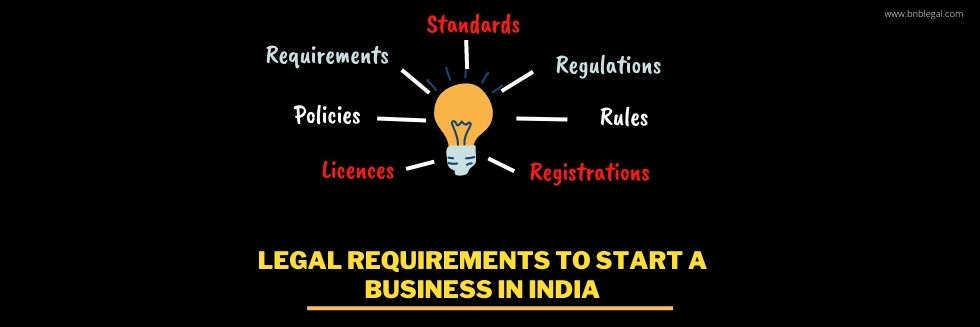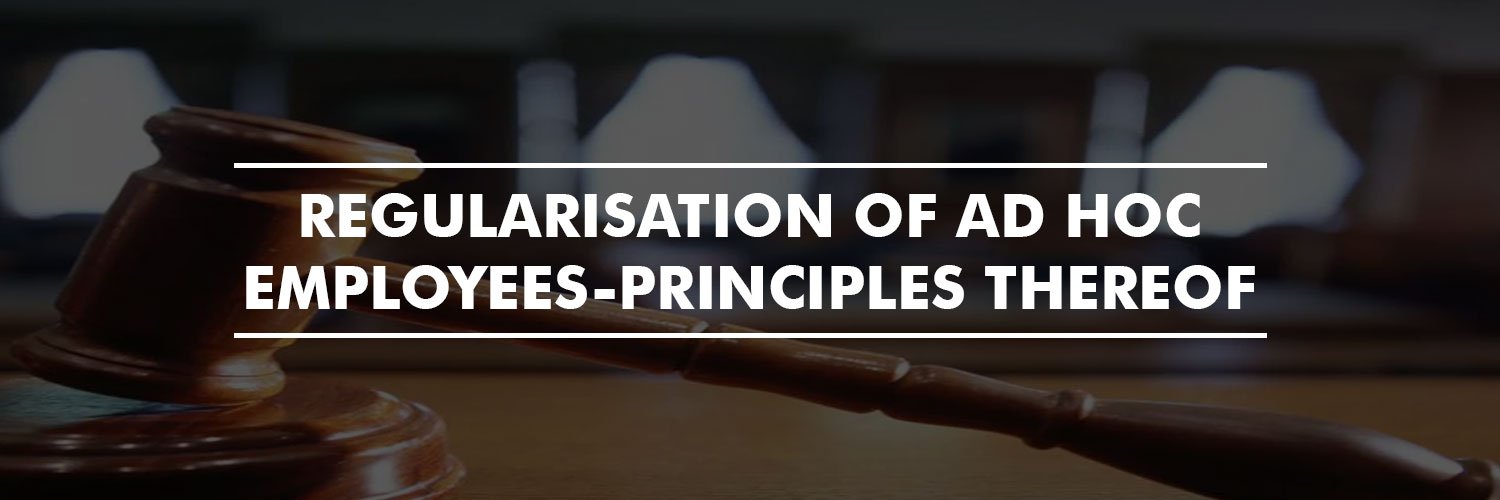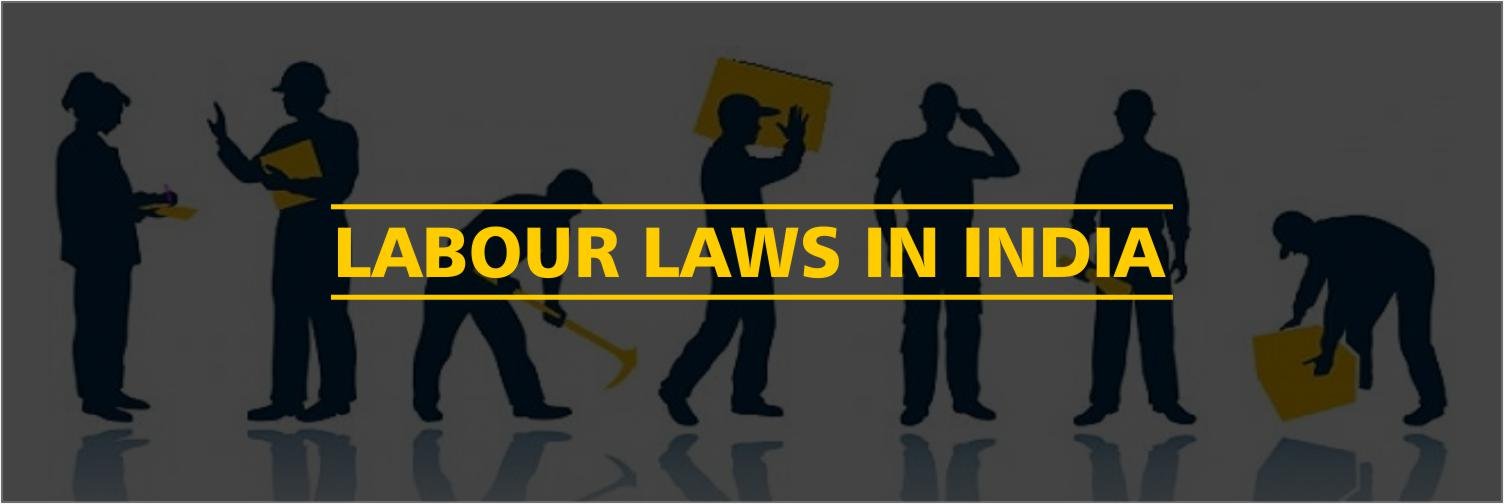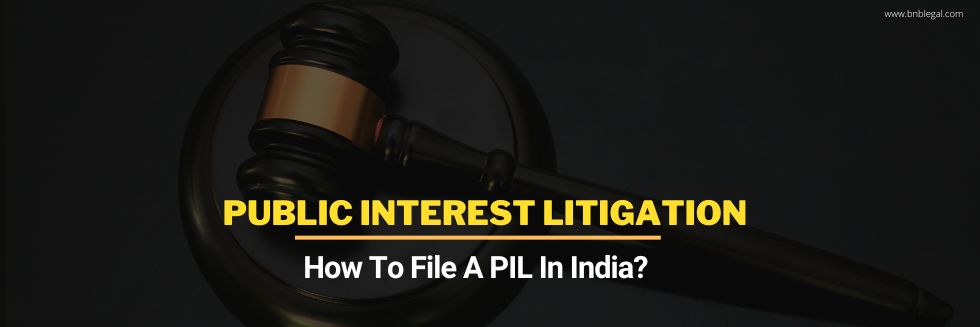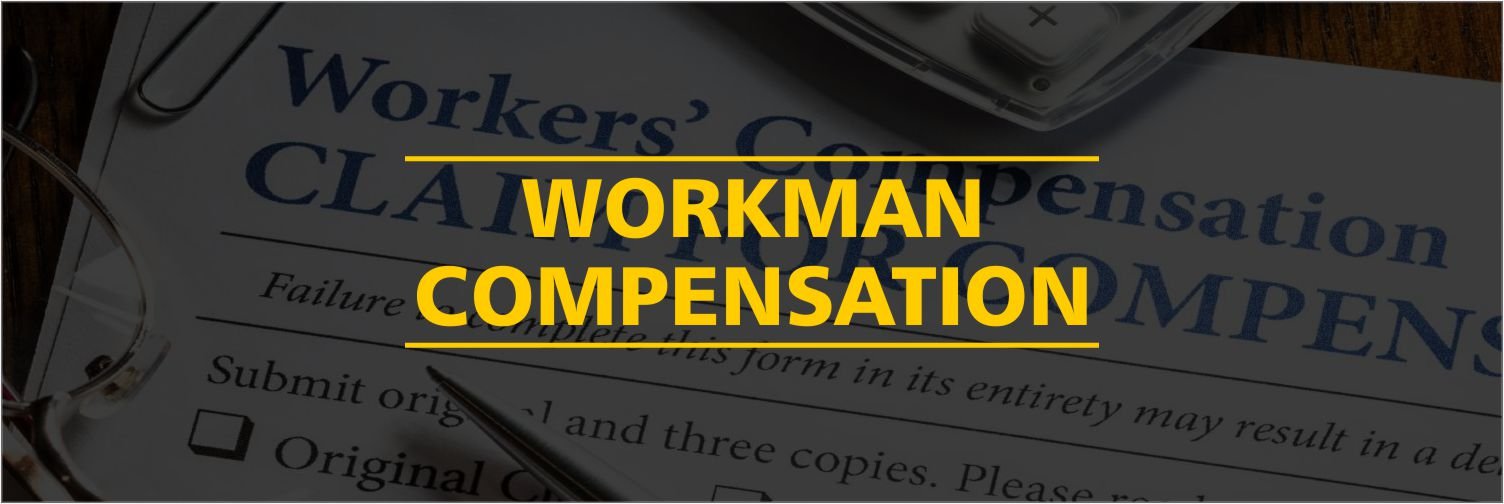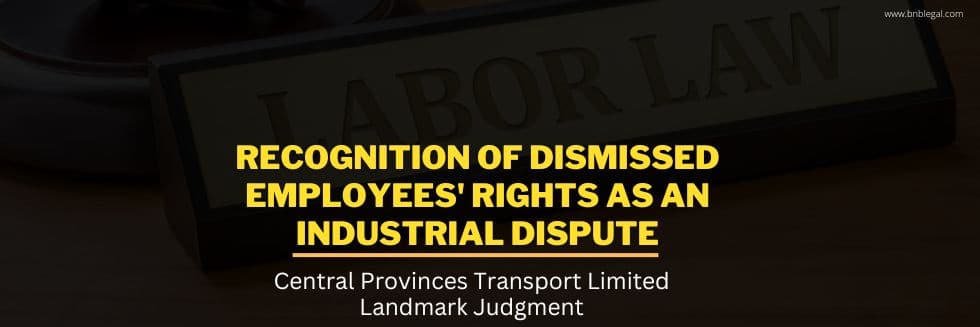Amidst the COVID 19 pandemic and considering the havoc it caused and standstill it let loose in the lives of millions of citizens and businesses, many state governments have brought changes to their maze of and inflexibility in labor laws by either suspension of such laws for a temporary period or making cosmetic changes in the labor laws by exercising power permissible under the parent statute itself.
The State Government of Uttar Pradesh has suspended the application of apparently all labor laws with the exception of Bonded Labour Act 1976, Employee Compensation Act 1923, The Building and Other Construction Workers’ Welfare Cess Act 1996, as well as provisions related to women and children in Maternity Act, Child Labour Act, Equal Remuneration Act and Section 5 of the Payment of Wages Act, whereas Madhya Pradesh has also promulgated an ordinance to amend state laws like the Madhya Pradesh Industrial Employment (Standing Orders) Act 1961, and the Madhya Pradesh Shram Kalyan Nidhi Adhiniyam, 1982, etc. by tweaking it to bring certain changes to their applicability. Likewise, the State of Gujarat has also brought blanket bans on the applicability and exemption of a large number of labor laws. This does not end here like many other states have also within the power under the statute made certain visible changes to their labor laws whereas states like Punjab, Himachal Pradesh, Maharashtra, etc., are in the process of bringing more changes in their labor laws to accommodate concerns and pleas of different establishments in the state. It is not out of hint that states have provided the convenient reason for promulgation of ordinances or changes to their labor laws under the garb of incentivizing economic activities in their respective States for a period ranging from 735-1000 days.
Law governing the sphere on above monumental changes to labor law
In India, there are a large number of both central (40 laws) and state laws (Approx. 200 laws) governing the labor practices[1]. Article 246 of the Constitution distributes the legislative subjects between the Centre and the State in the form of Union, State, and Concurrent List. With respect to the subjects in Union List, the Centre has the exclusive power to legislate. The State List is legislated upon by the State and both the Centre and the State under Article 246(2) have the power to make laws related to the subjects mentioned in Concurrent List. In the event of contradictions between the Central law and State law with respect to the same matter in the Concurrent list, repugnancy to the extent in the state law with respect to Central law shall be void under Article 254(1). However, this repugnancy in the state law will precede and not be void in case it receives the assent of the President until the Parliament legislates on that. Therefore, subsequently, the Parliament also has the power to enact a law on the repugnancy or/and subject matter by amending, rescinding, or varying the law of the State legislature and thereby undone the state law on the subject matter in a particular segment.
The Ordinance making power is a legislative act of the executive. On the presumption with respect to a legislative act of executive, the Hon’ble Supreme Court in D.C. Wadhwa and Ors. v. Union of India and Ors.[2] warning against the misuse of Article 213, unequivocally opined that ‘the executive cannot, by resorting to an emergency power exercisable by it only when the Legislature is not in session take over the law-making functions and considerations of the Legislature.’[3] Hence, Ordinance, which is a legislative power of the executive does not enjoy the immunity of presumption of constitutionality enjoyed by the legislation and hence is subject to the limitations which the legislative power is not and hence can be examined to ascertain that whether the conditions of competency precedent to the issue of such Ordinance has existed or not [4].
Unconstitutionality of Ordinances by State
The promulgation of such Ordinance is ultra vires and unconstitutional for the following reasons.
- The State Governments are incompetent to promulgate such Ordinance.
- Furthermore, such Ordinance is in ‘direct and clear’ conflict with the Centre Labour Legislations under List III.
- An Ordinance promulgated by an incompetent authority is likely to violate the Fundamental Rights of the workers under Part III.
Justification for the brief reasons provided above
I. The State Government are incompetent to promulgate such Ordinance in absence of requisite delegation of power under Parent Legislation
The Ordinance making power is the legislative power of the executive.[5] Every power of the executive is the end product of the delegated legislation.[6] Interpreting the scope of Article 73 and Article 162 of the Constitution, the Hon’ble Supreme Court in A.P. Public Service Commission v. Baloji Badavath & Ors,[7] held that ‘with respect to the subject matters under List III, the executive function shall ordinarily remain with the States, subject to the provisions of the Constitution or of the parent law of Parliament.’[8] It is essential that the State Executive must never transgress or go beyond the parent legislation.[9] Therefore, in the instance case, the suspended labor laws are Central Acts which do not delegate any explicit power to the State Governments to suspend them except for the Factories Act, 1948[10] and the Payment of Bonus Act[11]. However, the requirements of such suspension under the Act of ‘maximum 3 months of suspension’ and ‘for a public emergency’ are blatantly flouted.[12]
Such incompetent exercise of executive power of the State Government by promulgating an Ordinance has transgressed the parent legislation and encroached upon the Centre’s legislative sphere. Hence, such executive action is liable to be struck down for being passed by the Government which lacks the legislative competency to promulgate the same.
II. Such Ordinance is repugnant and is in ‘direct and clear’ conflict with the Centre Labour Legislations under List III
The subject matter of ‘labor’ falls within the ambit of Entries 22, 23, and 24 of the Concurrent List.[13] Therefore, a law regulating the hours of employment of persons employed in establishments,[14] the payment of minimum wages,[15] payment of bonus to an industrial worker,[16] fixation of minimum bonus,[17] the social security and social insurance measures[18] fall within the ambit of given entries under the Schedule VII of the Constitution and both the Centre and the State are competent to make laws.
In the case of Vijay Kumar Sharma vs. the State of Karnataka,[19] the Hon’ble Supreme Court held that ‘the doctrine of pith and substance[20] applies even when the Parliament and the State Legislature legislate on the same list[21] i.e. the Concurrent List but with respect to different Entries.’[22] The Court in furtherance has held that ‘the doctrine is relevant for determining whether a law of the Parliament and the State Legislature are on the same matter or they pertain to different matters.’ If the pith and substance of the two laws are the same, Article 254 applies.
Furthermore, in Tika Ramji vs. State of Uttar Pradesh,[23] the Hon’ble Supreme Court interpreted the ‘Doctrine of Repugnancy’ according to Article 254(1). Article 254(1) gives ‘overriding effect to the provisions of a law’ made by Parliament which is in ‘direct and clear’ conflict with the State law with respect to the subject matter of List III[24] i.e. these laws are fully inconsistent and have absolutely irreconcilable provisions.’[25]With respect to all the labor laws which are the Central Legislations, it is imperative to witness their continued operation through Section 1 of every Labour Legislation which extends the enforceability of the Acts across the country. This provision is in ‘clear and direct conflict’ with the Ordinance promulgated which seeks to suspend their operation within the jurisdictions of the three States of Madhya Pradesh, Uttar Pradesh, and Gujarat, in absence of requisite delegation of power by the Central Government.[26]
Furthermore, it is noteworthy to mention that when the State makes a law containing provisions which are inconsistent with a Central Law, with respect to a subject matter in the List III, ‘the consideration of the President is a condition precedent to the promulgation of the Ordinance.’[27] The President is to be apprised of the reason when his/her assent is sought, and it must not be a mere formality.[28]
Therefore, in the light of the authorities mentioned, it is quite clear that the Ordinance suspending the Labour Laws in the States directly and clearly conflicts with Section 1 of the Central enactments. The conflict appears on the face of the statute and it is impossible to obey one without disobeying the other.[29] Hence, owing to the supremacy of the Central Law and the extent of repugnancy of the State Ordinance, the Ordinance is liable to strike down. Article 254(2) cannot even save the Ordinance in absence of it having not fulfilled the condition precedent of acquiring a ‘presidential assent’.
III. An Ordinance promulgated by an incompetent authority is likely to violate the Fundamental Rights of the workers under Part III
The Hon’ble Apex Court in Smt. Ujjam Bai vs. State of Uttar Pradesh,[30] reiterated that any law enacted by the legislature or executive, which it is not competent to enact will have no existence in the eye of law and will be in violation of Fundamental Rights
The Hon’ble Supreme Court in State of Madhya Pradesh vs. Bharat Singh,[31] concluded that- “A State Government in the exercise of its executive power cannot infringe the rights of the people.” [Emphasis Supplied]
A denial of fundamental rights of the workers in the guise of promoting economic interest is untenable since both the social and economic interests go hand in hand.[32]
Therefore, the State Government in absence of the requisite delegation of powers by the Centre is an incompetent authority to promulgate an Ordinance for suspension of and an exemption through labor laws. Owing to the suspension of the Minimum Wages Act, any payment below the minimum wage amounts to forced labor and hence is in violation of Article 23. Furthermore, this is likely to violate a plethora of rights within the ambit of Article 21 of the Constitution.
a) Suspension of Minimum Wages Act is in violation of Article 23
It has already been propounded by the Apex Court in PUDR v. Union of India,[33] payment of wages below the minimum wage amounts to bonded labor under Article 23 of the Constitution. Furthermore, when it comes about the derogation of Fundamental Rights, it must always be proportional and the least restrictive measure should be selected for the fulfillment of the ‘proper purpose.’[34] The State Government had the power to specify a ‘particular wage’ as ‘minimum wage’. Hence, the least restrictive measure would have been the payment of a ‘low minimum’ than ‘no minimum.’[35]
b) An incompetent ordinance violates a plethora of rights within the ambit of Article 21 of the Constitution
The non-payment of adequate wages to the workers infringes their right to work,[36] right to earn a livelihood,[37] and live a life of dignity under Article 21 of the Constitution.[38] Falling health standards is a consequence of non-payment of wages or long hours of working[39] which again is an infringement of right to live a healthy life.[40] The suspension of the Industrial Disputes Act, also takes away the right of fair trial.[41] Due to non-follow up of due process and promulgation of ordinance by incompetent legislature, the ordinances by different states in a blanket manner, , halting the labour laws, fall flat on the law and all established tools of constitutionality and justified behavior.[42]
Conclusion
The essence of federalism lies in the sharing of legal sovereignty by the Union and the federating units. And, in general, the most precise way of demarcating the respective areas of the federation and federating units is to demarcate their respective areas with regard to legislation. There are many reasons of it but the two most important are the following: –
(a) Demarcation of legislative power helps in defining boundaries between the warring and competing units; and
(b) It is easier to verbally formulate, with reasonable precision, the various topics on which the legislative power can be exercised, as the legal system of a country would usually have had occasion to deal with the topic in some form or other – say, by or through proposals for legislation, actual legislation, academic or (occasionally), in political debates or academic discussions.
Article 246 of the Constitution plays a vital role in demarcating the subjects between the Centre and the States. These ordinances and changes have been brought hurriedly without examining the fallout it will have on revered rights of labour and even on the business environment as it is no doubt that even the investors are getting conscious of investing in the countries where sustainable way of doing business is not encouraged and cosmetic changes are brought here and there without deeper delve on the actual problems and harsh realities running into the business environment. Apart from it, it is unconstitutional and incompetent of state legislatures to think of such marked suspension of laws without evaluation of legalities, constitutionality etc.
References
- https://thedailyguardian.com
- AIR 1987 SC 579
- Dalmia Industries Ltd v State of Uttar Pradesh AIR 1994 SC 2117
- Gurudev Datta v KSSS Maryadit v State of Maharashtra AIR 2001 SC 1980
- Bishamber Dayal Chandra Mohan v State of Uttar Pradesh AIR 1982 SC 33
- India Const. art.257(1)
- (2009) 8 SCJ 426
- India Const. art.256
- (1955) 2 SCR 225
- The Factories Act 1945, s 5 (India)
- The Payment of Bonus Act 1965, s 36 (India)
- Zaverbhai v State of Bombay AIR (1954) SC 752
- India Const. art.246
- Manohar v State AIR 1951 SC 315
- Narottam Das v State of Madhya Pradesh AIR 1964 MP 45
- Milkhi Ram v State of Punjab AIR 1964 P&H 513
- Jalan Trading Co v Mill Mazdoor Sabha AIR 1967 SC 691
- Hindustan Times v State of Uttar Pradesh (2003) 1 SCC 591
- (1990) 2 SCC 262
- Prafulla Kumar Mukherjee v Bank of Commerce Ltd Khulna (1947) 49 BOMLR 568
- Premchand Jain v R K Chabhra AIR1984 SC 981
- State of Bombay v F N Balsara AIR 1951 SC 318
- AIR 1956 SC 676
- Hoechst Pharm Ltd v State of Bihar AIR 1983 SC 1019
- Deep Chand v State of Uttar Pradesh AIR 1959 SC 648; Vijay Kumar Sharma v State of Karnataka AIR 1990 SC 2072; Zaverbhai v State of Bombay AIR 1954 SC 752
- Jay Engineering v State of West Bengal AIR 1968 Cal 407
- India Const. art.254(2)
- Jamalpur Gram Panchayat v Malwinder Singh AIR (1985) SC 1394
- M Karunanidhi v Union of India (1983) 4 SCC 45
- (1963) 1 SCR 778
- (1967) SCC 1170
- I R Coehlo v State of Tamil Nadu (1999) 7 SCC 580
- (1983) SCR (1) 456
- K S Puttuswamy v Union of India (2017) 10 SCC 1
- P H Paul Manoj Pandian v P Veldurai (2011) 5 SCC 214
- India Const. art.47
- State of Kerala v People’s Union for Civil Liberties, Kerala State Unit (2009) 8 SCC 46
- Bijay Cotton Mills Ltd. v State of Ajmer (1955) 1 LLJ 129
- Pankaj Kumar Mukherjee v Cesc Limited &Anr (1998) 3 CALLT 399
- Shantistar Builders v Narayan Khimalal Totame (1990) 1 SCC 520
- Padmanabhaswami KshethraKarmachari Singh v Sree Padmanabha Swami temple MANU/GJ/0785/2020
- Regional Provident Fund Commissioner v Orbit Park Inn Pvt. Ltd and Ors (2011) SCC OnLineGuj 584; TikaRamji v State of Uttar Pradesh (1956) SCR 393
This Article has been written and submitted by Ms. Aarushi Kapoor during her course of internship at B&B Associates LLP. Ms. Aarushi is a third-year law student at Hidayatullah National Law University, Naya Raipur, Chhattisgarh.
Moderated by Shubham Khunteta (Associate)

